Ubuntu 17.4 (Zesty Zapus) available to download now
For users on the Ubuntu 16.10, they can immediately download and upgrade their OS to 17.04
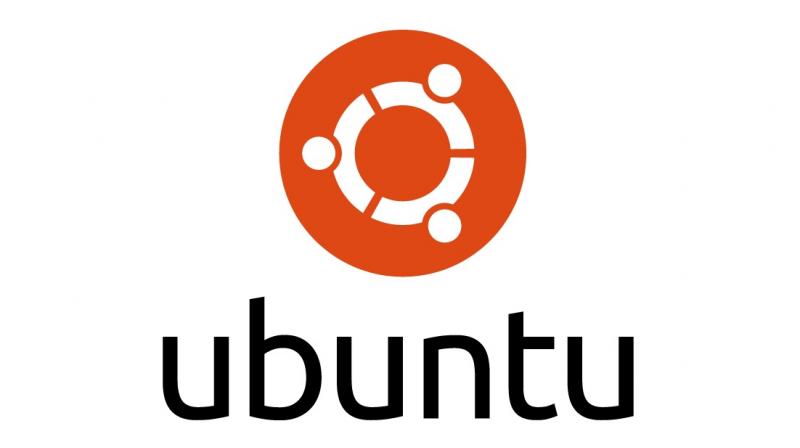
Canonical released the final version of the Ubuntu 17.04 (Zesty Zapus) operating system yesterday. The operating system has been in development for the past six months, since last October’s launch of Ubuntu 16.10 (Yakkety Yak).
For users on the Ubuntu 16.10, they can immediately download and upgrade their OS to 17.04, a powerful release both on the inside and outside. Powered by the latest stable Linux 4.10 kernel series, it ships with an up-to-date graphics stack based on X.org Server 1.19.3 and Mesa 17.0.3.
The default desktop environment remains Unity 7 which means your beloved Ubuntu desktop environment is not going away at the moment. It will also be available with the upcoming Ubuntu 17.10 release, whose development will start next month. Starting Ubuntu 18.04 LTS, the GNOME desktop will be used by default.
Other features with the final release of the Ubuntu 17.04 will be swap files, which will be used instead of a swap partition only for new installations of the operating system. This is the only change that will not be applied if you are upgrading from a previous Ubuntu release.
Furthermore, the default DNS resolver was switched to systemd-resolved, IPP everywhere, and Apple AirPrint printers which are now supported out of the box for a driverless printing experience. Most of the packages from the GNOME stack were upgraded to GNOME 3.24, though Nautilus remains at version 3.20.4.
The gconf utility is also no longer installed by default because it is now superseded by gsettings. Latest apps installed are the LibreOffice 5.3 office suite, Mozilla Firefox 52.0.1 web browser, as well as Mozilla Thunderbird 45.8.0 email and news client.
It is important to note that Ubuntu 17.04 (Zesty Zapus) release is a short term release supported with security updates for only nine months, which is from today until mid-January 2018.
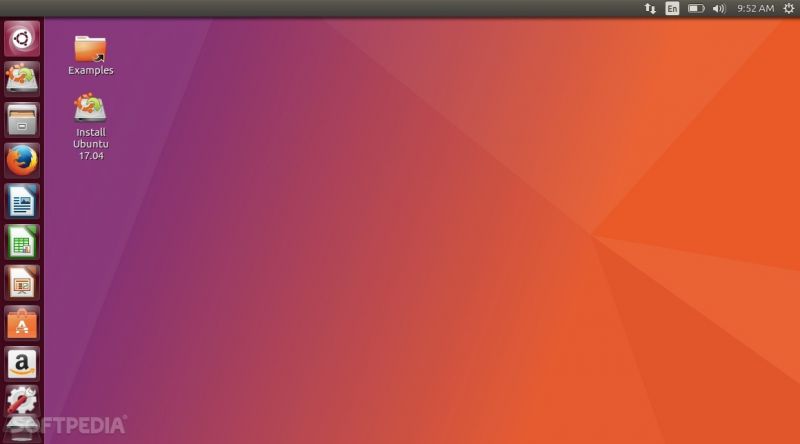
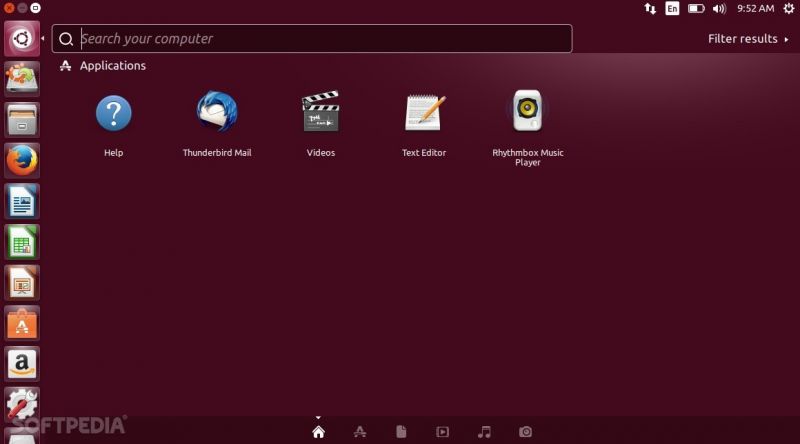
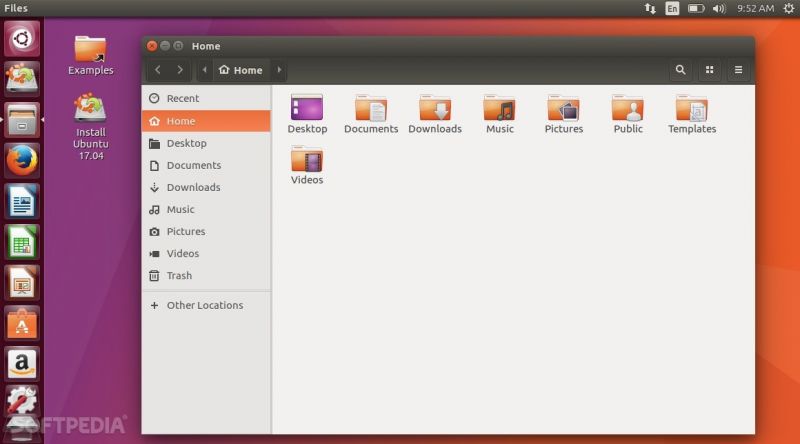
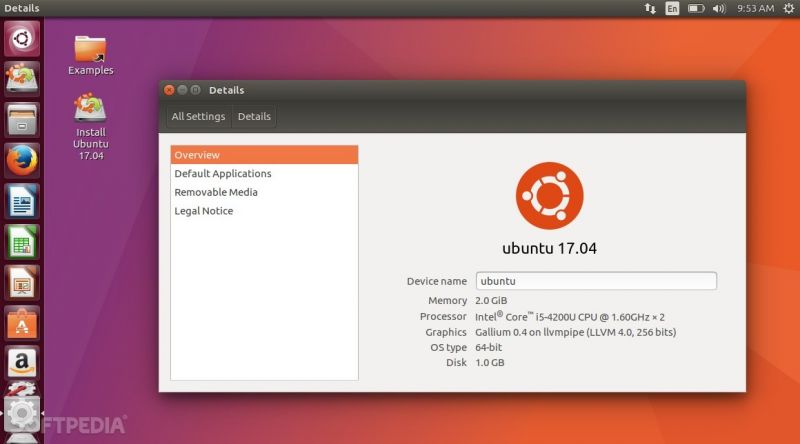
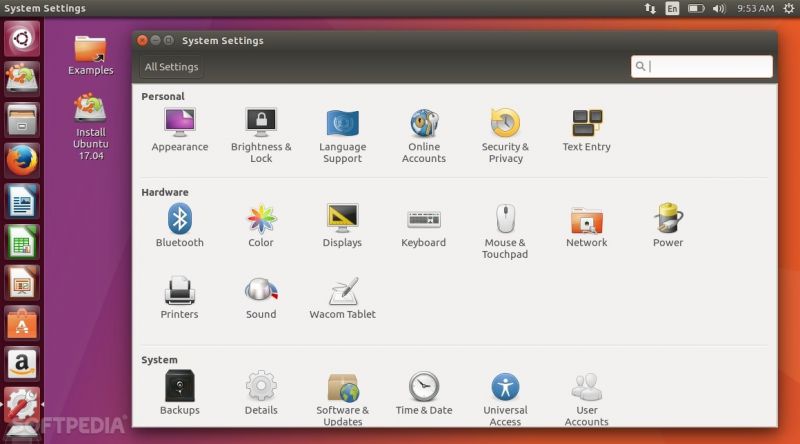
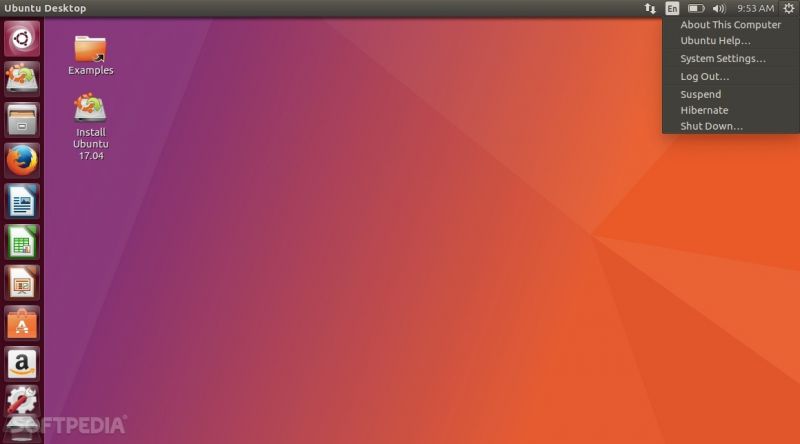
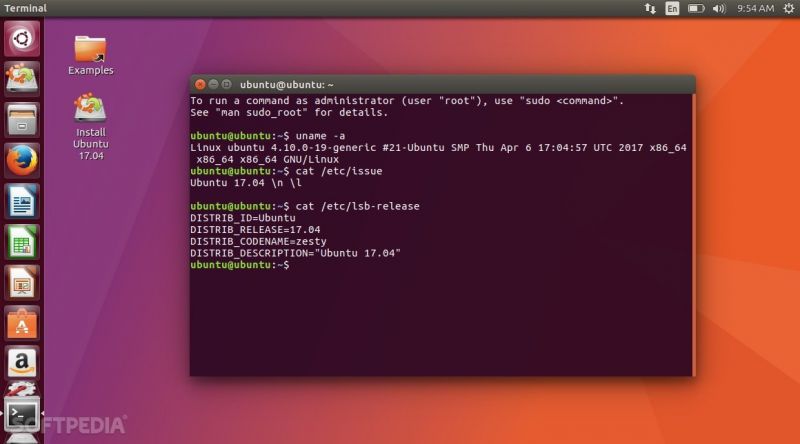
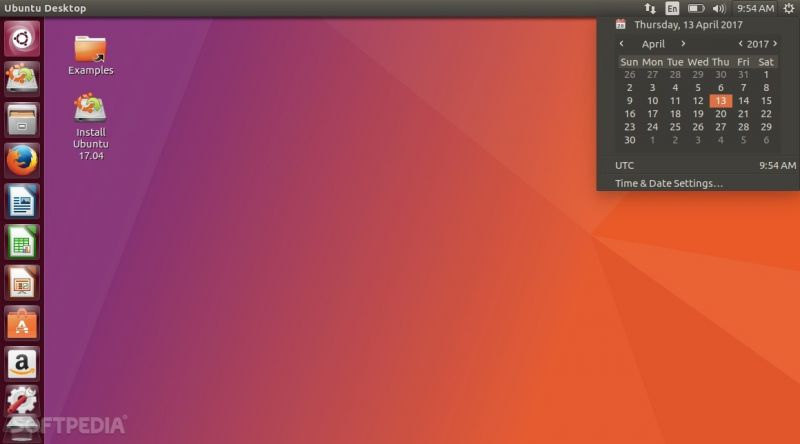
Photo credits: Marius Nestor

